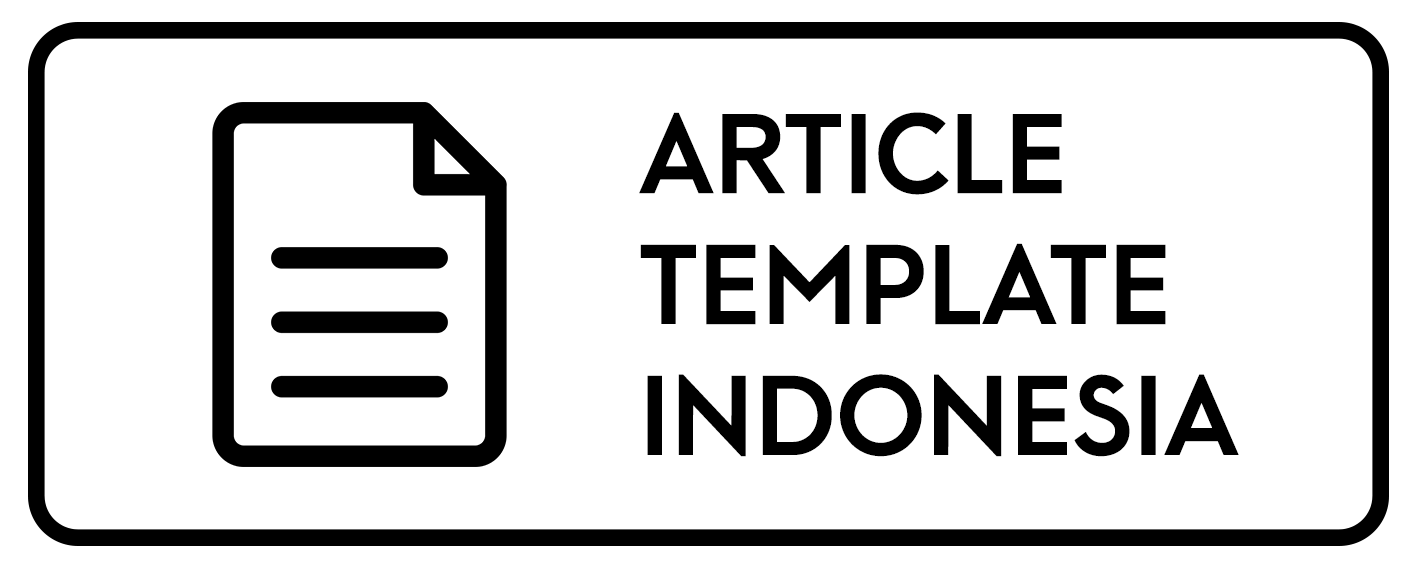Application of Constructivist Approach by Kiyai in Arabic Language Teaching at Al-Falah Pesantren, Banjarbaru: An Active Learning Model to Enhance Arabic Language Skills
DOI:
https://doi.org/10.30872/jimpian.v3i1.2195Keywords:
contructivist, Arabic, teaching, al-Falah, learning modelAbstract
This research addresses the role of the constructivist approach in teaching Arabic at the al-Falah Islamic boarding school, Banjarbaru. This research used a qualitative approach with in-depth interviews and participatory observation as data collection methods. The results showed that the constructivist approach to learning Arabic at Pesantren al-Falah applies active learning methods, such as discovery learning and free expression. Kiyai, instructors, and dormitory leaders have created various programs and activities to improve student's language skills. The learning environment is not only limited to the classroom but also involves the dormitory, playground, kitchen, mosque, and other places. In addition, problem-solving and thinking skills are taught during the learning process. Overall, the Kiyai as a role model approach model effectively improves students' skills in Arabic in pesantren. This research contributes to developing the Arabic language in other pesantren in Indonesia.
Downloads
References
Adak, S. (2017). Effectiveness of Constructivist Approach on Academic Achievement in Science at Secondary Level. Educational Research and Reviews, 12(22), 1074–1079. https://doi.org/10.5897/ERR2017.3298
Adib, A. (2021). Metode Pembelajaran Kitab Kuning di Pondok Pesantren. Jurnal Mubtadiin, 7(01), 232–246. https://journal.an-nur.ac.id/index.php/mubtadiin/article/view/73
Afif, M. (2019). Penerapan Metode Sorogan dalam Meningkatkan Baca Kitab di Pondok Pesantren Tarbiyatun Nasyi’in. KABILAH: Journal of Social Community, 4(2), 34–43. http://dx.doi.org/10.35127/kbl.v4i2.3592
Ali, J. (2019). Permainan Sebagai Strategi Aktif Learning Dalam Pembelajaran Bahasa Arab. http://dx.doi.org/10.17605/OSF.IO/JK5XH
Amirudin, M. Z. (2021). Manajemen Pembelajaran Bahasa Arab Pada Pondok Pesantren di Lampung [UIN Raden Intan Lampung]. http://repository.radenintan.ac.id/13376/
Anagün, S. S. (2018). Teachers’ Perceptions about the Relationship between 21st Century Skills and Managing Constructivist Learning Environments. International Journal of Instruction, 11(4), 825–840. http://dx.doi.org/10.12973/iji.2018.11452a
Arpentieva, M., Retnawati, H., Akhmetova, T., Azman, M., & Kassymova, G. (2021). Constructivist Approach in Pedagogical Science. Challenges of Science, 12–17. http://dx.doi.org/10.31643/2021.02
Chairi, E. (2019). Pengembangan Metode Bandongan Dalam Kajian Kitab Kuning Di Pesantren Attarbiyah Guluk-Guluk Dalam Perspektif Muhammad Abid al-Jabiri. Nidhomul Haq: Jurnal Manajemen Pendidikan Islam, 4(1), 70–89. https://doi.org/10.31538/ndh.v4i1.233
Creswell, J. W., & Creswell, J. D. (2017). Research Design: Qualitative, Quantitative, and Mixed Methods Approaches. Sage Publications.
Daulay, H. P. (2001). Historisitas dan Eksistensi Pesantren Sekolah dan Madrasah. Tiara Wacana Yogya.
Dewi, D. S. I. S. (2019). Tantangan Pesantren Salaf dalam Pembelajaran Bahasa Arab di Era Globalisasi. Prosiding Konferensi Nasional Bahasa Arab, 5(5), 576–584.
Hafidzi, A. (2021). Fiqh Reading Skills of Santri Based of Community Education at the Al-Falah Islamic Boarding School, Banjarbaru, South Kalimantan. Al-Banjari: Jurnal Ilmiah Ilmu-Ilmu Keislaman, 20(2). https://doi.org/10.18592/al-banjari.v20i2.7025
Hidayah, N. (2018). Kaderisasi Kepemimpinan Pesantren Terhadap Putra Kiai Studi Kasus di Pondok Pesantren Al-Iman Bulus Purworejo. SANGKéP: Jurnal Kajian Sosial Keagamaan, 1(2), 143–165. https://doi.org/10.30739/darussalam.v11i1.458
Izzah, I. Y. U. (2011). Perubahan Pola Hubungan Kiai dan Santri Pada Masyarakat Muslim Tradisional Pedesaan. Jurnal Sosiologi Islam, 1(2). https://jurnalfisip.uinsby.ac.id/index.php/JSI/article/view/15
Hedden, M. K., Worthy, R., Akins, E., Slinger-Friedman, V., & Paul, R. C. (2017). Teaching Sustainability Using an Active Learning Constructivist Approach: Discipline-Specific Case Studies in Higher Education. Sustainability, 1–18. http://dx.doi.org/10.3390/su9081320
Mansir, F., Tumin, T., & Purnomo, H. (2020). The Use of Active Learning Methods in Learning Fiqh Subjectat Islamic Boarding School. Lentera Pendidikan: Jurnal Ilmu Tarbiyah Dan Keguruan, 23(1), 173–182. https://doi.org/10.24252/lp.2020v23n1i14
Muslimah, I. (2016). Kepemimpinan Kiyai Pondok Pesantren. Jurnal Isema: Islamic Educational Management, 1(2), 54–61. https://doi.org/10.15575/isema.v1i2.5180
Neutzling, M., Pratt, E., & Parker, M. (2019). Perceptions of Learning to Teach in a Constructivist Environment. Physical Educator, 76(3), 756–776. https://doi.org/10.18666/TPE-2019-V76-I3-8757
Prayoga, A., Jahari, J., & Fauziah, M. (2020). Manajemen Program Vocational Life Skill Pondok Pesantren. J-MPI (Jurnal Manajemen Pendidikan Islam), 4(2), 97–106. https://doi.org/10.18860/jmpi.v4i2.8093
Shah, R. K. (2019). Effective Constructivist Teaching Learning in the Classroom. Shanlax International Journal of Education, 7(4), 1–13. https://doi.org/10.34293/education.v7i4.600
Downloads
Published
How to Cite
Issue
Section
License
|
|
Every work in Jurnal Ilmu Manajemen dan Pendidikan is licensed under a Creative Commons Attribution-ShareAlike 4.0 International License.
Under the following terms:
- Attribution — You must give appropriate credit , provide a link to the license, and indicate if changes were made . You may do so in any reasonable manner, but not in any way that suggests the licensor endorses you or your use.
- ShareAlike — If you remix, transform, or build upon the material, you must distribute your contributions under the same license as the original.
- No additional restrictions — You may not apply legal terms or technological measures that legally restrict others from doing anything the license permits.
Authors who publish with this journal agree to the following terms:
- Authors retain copyright and grant the journal right of first publication with the work simultaneously licensed under a CC BY-SA 4.0 DEED Attribution-ShareAlike 4.0 International that allows others to share the work with an acknowledgment of the work's authorship and initial publication in this journal.
- Authors are able to enter into separate, additional contractual arrangements for the non-exclusive distribution of the journal's published version of the work (e.g., post it to an institutional repository or publish it in a book), with an acknowledgment of its initial publication in this journal.
- Authors are permitted and encouraged to post their work online (e.g., in institutional repositories or on their website) prior to and during the submission process, as it can lead to productive exchanges, as well as earlier and greater citation of published work.













